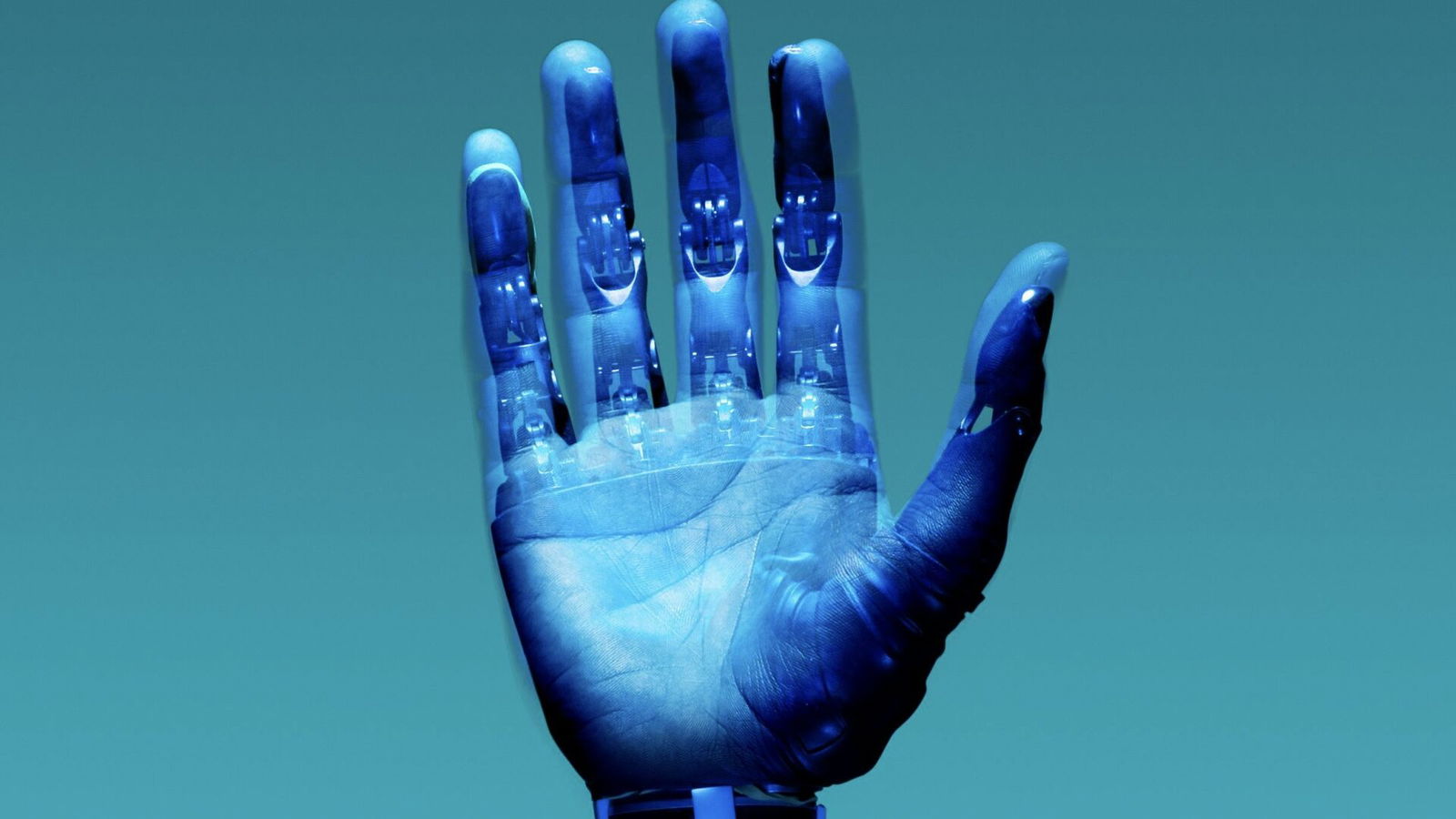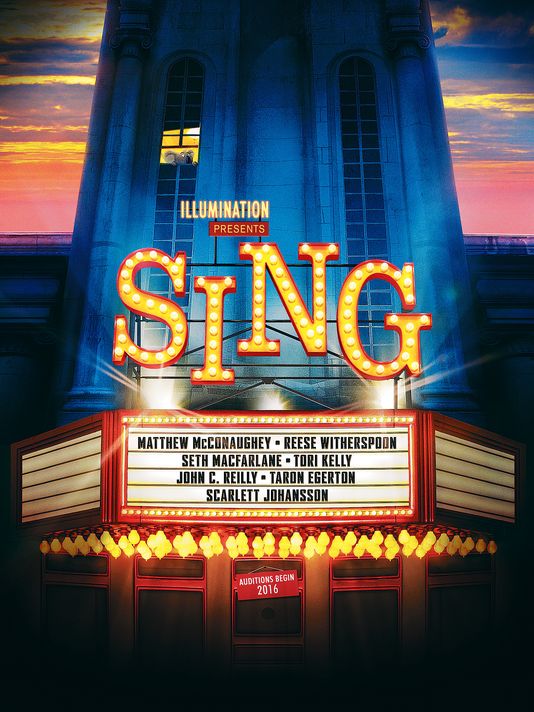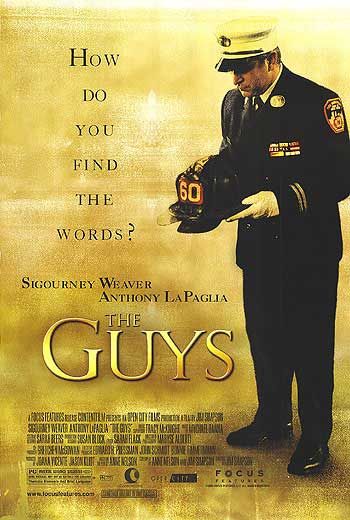
By Gavin Boyle
OpenAI CEO Sam Altman explained how a controversy that occurred after ChatGPT released an updated image generation tool reveals how the technology will empower people to reach their full creative potential.
“I mean the thing that’s been exciting to me is just the breadth of creative use cases. Obviously, turning yourself into an anime [character], that was the one that kind of first lit up on the internet, but it’s been amazing to see the sort of creative expression of people making just really new kinds of images I had never thought about before…” Altman told Indian YouTuber Varun Mayya. “Really, the creative spirit of people just doing things that, you know, [creating] kinds of images that I’ve never seen before, that’s been quite exciting.”
The update to ChatGPT’s image generation tool that Altman is referring to became extremely popular across the internet as millions of users asked the tool to generate images in their favorite art styles. One of the most popular trends was generating art in the style of Studio Ghibli, a Japanese studio with a distinct style that has created some of Anime’s most popular movies.
Related: ChatGPT Adds 1 Million New Users In One Hour After Adding This Feature
The founder of Studio Ghibli, Hayao Miyazaki, however, has previously shared his disdain for AI art, blasting it for lacking any care or human touch.
“I am utterly disgusted,” Miyazaki said after attending an AI art demonstration in 2016. “If you really want to make creepy stuff you can go ahead and do it. I would never wish to incorporate this technology into my work at all…I strongly feel that this is an insult to life itself.”
Despite going against the well wishes of the creator of the Studio Ghibli style, ChatGPT is technically allowed to imitate the artist as nobody can claim copyright over an entire style of art. Furthermore, OpenAI believes it is empowering other to be more creative by allowing their imagination to run wild, rather than allowing to be limited by their artistic ability.
Artists from a variety of mediums, however, have shared a disapproval for AI replicas as it rips off their decades of hard work to develop the skills needed to create high-quality art, while also removing the human touch. Along with visual artists, actors, authors and music producers have shared their grievances with AI in the past.
The legality of ChatGPT being used to imitate well-known art styles is currently being questioned after the company was sued by the Authors’ Guild for allegedly training its program on works without permission. Congress has also considered introducing new laws to provide guidelines for how AI can operate.
“The explosion of popularity and capability of generative artificial intelligence has flooded the internet with AI-created songs, videos and voice recordings which exploit the voices and likenesses of our members without their consent or compensation,” said SAG-AFTRA national executive director Duncan Crabtree-Ireland, explaining the rationale behind the bill.
“For our members, their voice and likeness is their livelihood. They spend a lifetime improving their talent and building their value,” he continued. “It is outrageous to think someone can undermine that value with a few prompts and clicks on a keyboard.”
Bills like these will help keep the AI industry accountable and provide clearer legislation around what the technology can and cannot be used for. Until then, however, current law allows for imitation of art styles like Studio Ghibli, and Altman is fully allowed to celebrate the works his chatbot is producing.
Read Next: Congress Looks to Regulate AI’s Use in Entertainment
Questions or comments? Please write to us here.


 - Content:
- Content: 

